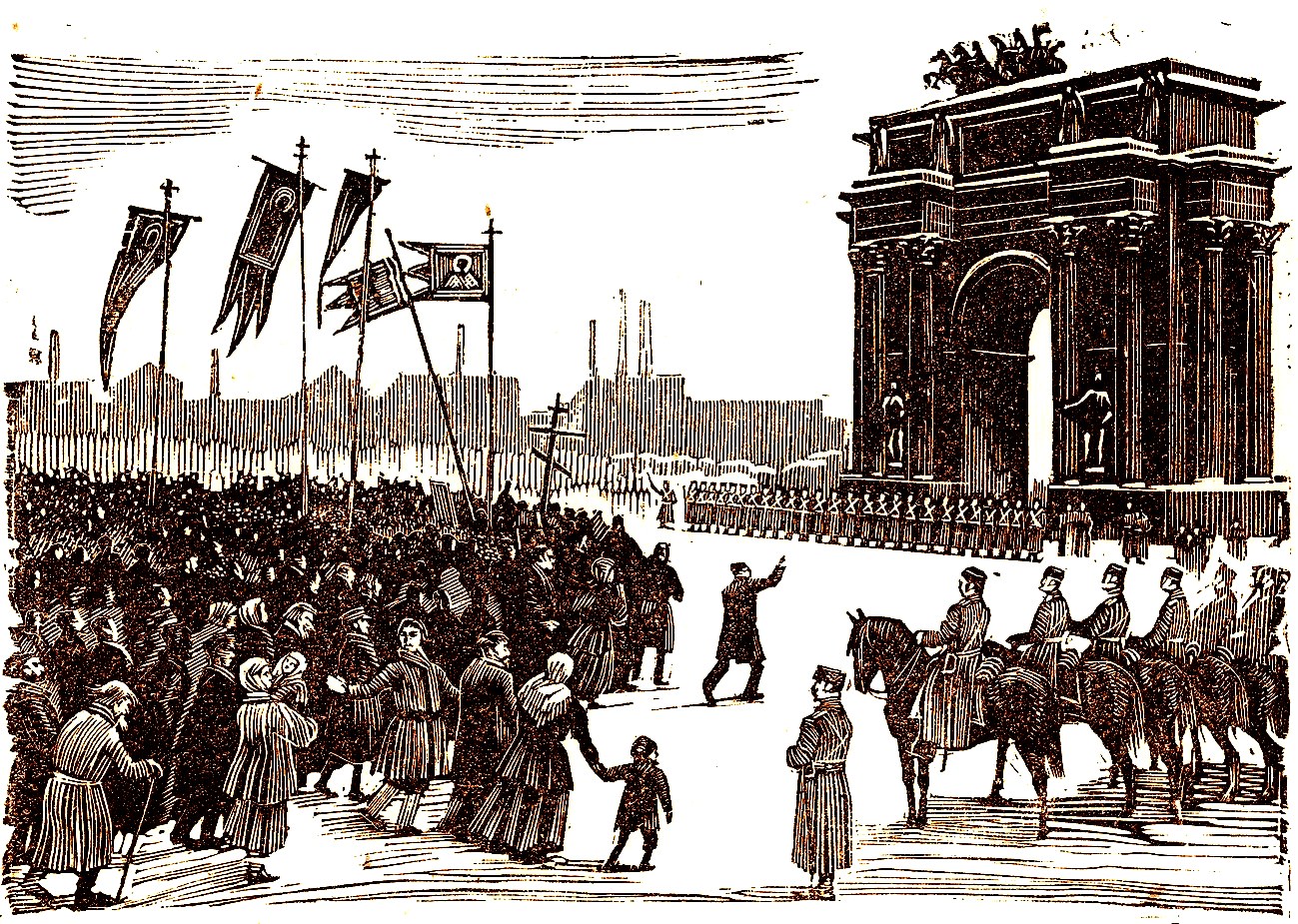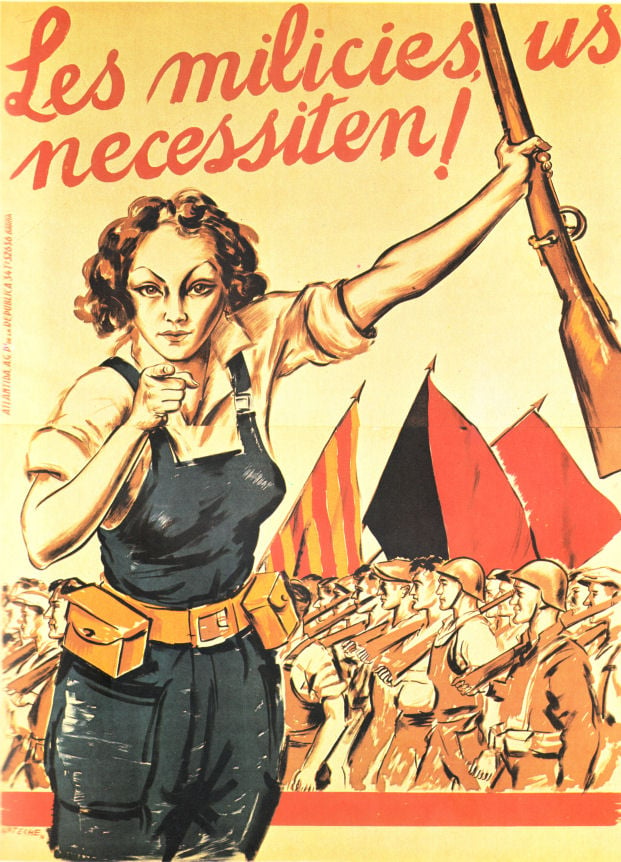- cross-posted to:
- workingclasscalendar
stahmaxffcqankienulh.supabase.co
- cross-posted to:
- workingclasscalendar
Russian Revolution (1905)
Sun Jan 22, 1905

Image: An engraving from an unknown author, depicting a crowd confronting soldiers outside the Narva Gates on the morning of January 22nd [Wikipedia]
On this day in 1905, troops at the Russian Winter Palace fired upon a huge procession of working class demonstrators, killing hundreds. The massacre, known as “Bloody Sunday”, led to widespread uprisings and sweeping reforms in what is known as the Russian Revolution of 1905.
The revolt took place amidst widespread discontent with conditions under the Tsarist absolute monarchy, and a growing proliferation of political radicalism. Although mass strikes broke out weeks earlier in St. Petersburg, the beginning of the revolution is typically marked by the “Bloody Sunday” massacre on January 22nd, when unarmed protesters marching towards the Winter Palace to present a petition to Tsar Nicholas were fired upon by soldiers, killing hundreds.
In response to the massacre, mass worker resistance exploded across the Russian empire. Half of European Russia’s industrial workers went on strike in 1905, 93.2% in Poland. The Tsar’s uncle was assassinated on February 17th.
On March 2nd, the Tsar agreed to the establishment of a legislature, the State Duma. However, with the body’s powers remaining limited (initially only given consultative powers), the rebels were emboldened to push harder.
Summer saw peasant rebellion and mutinies (Russia being at war with Japan at the time), most famously the mutiny on the battleship Potemkin, triggered when sailors refused to eat borscht made from maggot-infested meat.
As strikes continued, the government announced a Manifesto on October 17th, enacting emergency civil reform to placate the masses, and successfully crushed remaining resistance in the following months, such as the Moscow Uprising in December.
The uprising is considered the predecessor to the Russian Revolution of 1917 which led to the establishment of the Soviet Union; Vladimir Lenin called it “The Great Dress Rehearsal”, without which the “victory of the October Revolution in 1917 would have been impossible”.
- Date: 1905-01-22
- Learn More: en.wikipedia.org, www.bolshevik.info, www.thoughtco.com.
- Tags: #Labor, #Assassinations, #Massacre, #Mutinies, #Protests.
- Source: www.apeoplescalendar.org

